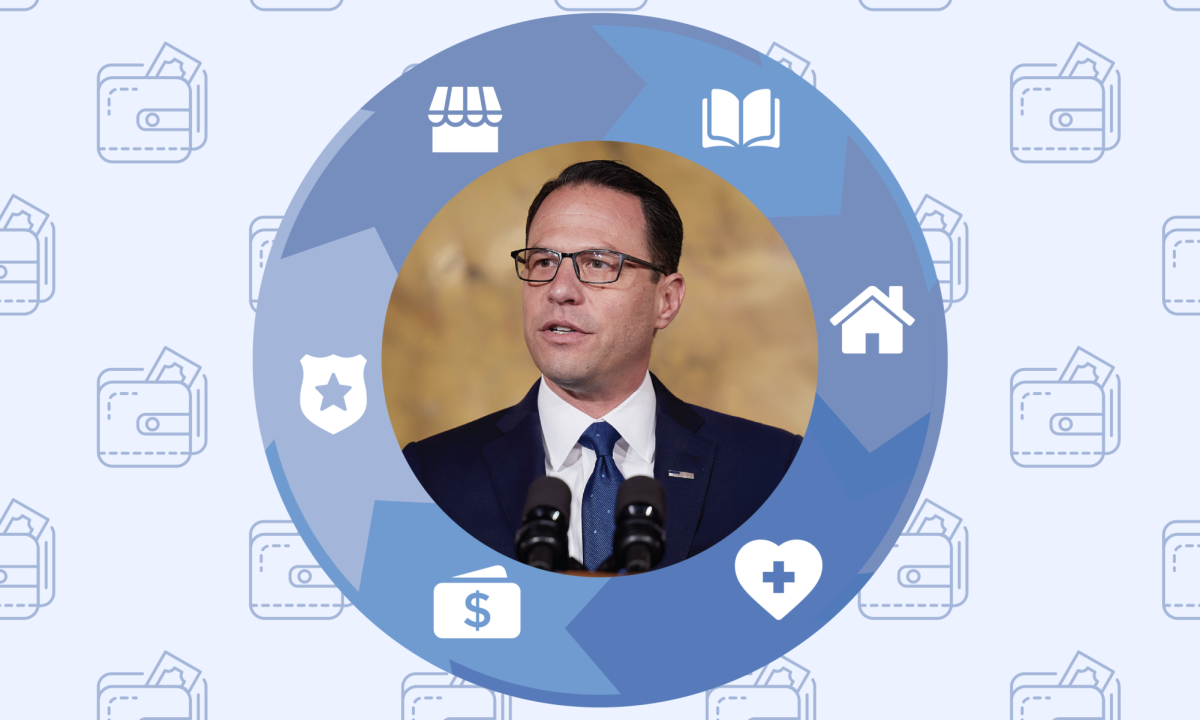To say this past month’s political news has been hectic is an understatement. Everything from debacles about tariffs to arguments over the validity of government “efficiency” efforts have raised concerns. Despite this, an up-and-coming politician has attempted to move past the bitter partisan rivalries in his state, even with his party’s underwhelming results in the 2024 election cycle.
I am, of course, referring to Pennsylvania Governor Josh Shapiro, a Democrat, who, despite being passed up for the vice presidential nomination and his party’s power being curtailed in Pennsylvania, has undertaken the task of unveiling the state’s upcoming proposed budget. This seemingly mind-numbing, mundane task is delegated to the most bureaucratic of executives, but, nevertheless, has far-reaching implications for the state’s trajectory.
Many of the budget’s components were outlined during Shapiro’s third budget proposal, including significant promises to equitably fund infrastructure and education, with the latter issue mandated by a 2023 Pennsylvania Supreme Court decision to be immediately reformed. Also outlined is a surprising initiative to legalize cannabis in the state. Shapiro, alongside a few compromising Republicans, has begun to reconsider the state’s perspective on cannabis legalization, recognizing the positive financial capabilities in authorizing the growing, selling and manufacturing of cannabis-related products.
This also addresses the ridiculous situation Pennsylvania finds itself in, surrounded by states that have already legalized and benefited from the wholesale profitability of the cannabis industry. Despite the supposed compromise, many Republicans in the Pennsylvania legislature still appear recalcitrant on the misspending of state funds in the proposed budget toward initiatives that might hinder Pennsylvanians, such as the possible negative economic strain caused by a supposed overreach of the budget towards things like education, while championing provisions that would make the state economically and energy independent.
It is fair to say that most students are indifferent to the seemingly inconsequential partitioning of state funds throughout the state. However, especially with the interesting emergence of the cannabis legalization debate and the increasing political divide as to where funds should be allocated, students, regardless of age or knowledge of politics, should be attentive as to where state funds go.














































